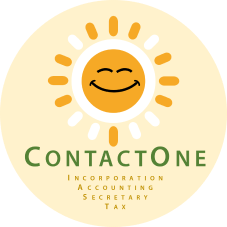The Purpose of Annual General Meetings

Do you ever wonder why Singapore companies conduct annual general meetings? There is more to an annual general meeting (AGM) than reporting on a business’s activities and financial situation from the previous year. From fulfilling legal obligations to providing a platform for shareholders to come together to discuss integral matters related to the company, all […]
Annual General Meeting: Why Is It Essential to a Singaporean Enterprise

Do you know enterprises in Singapore mandatorily hold an annual meeting to update their stakeholders on the business’s health? This meeting is called the Annual General Meeting (AGM), wherein the company presents comprehensive financial statements to shareholders. And in return, they are given the opportunity to ask various questions regarding the company’s performance over the […]

